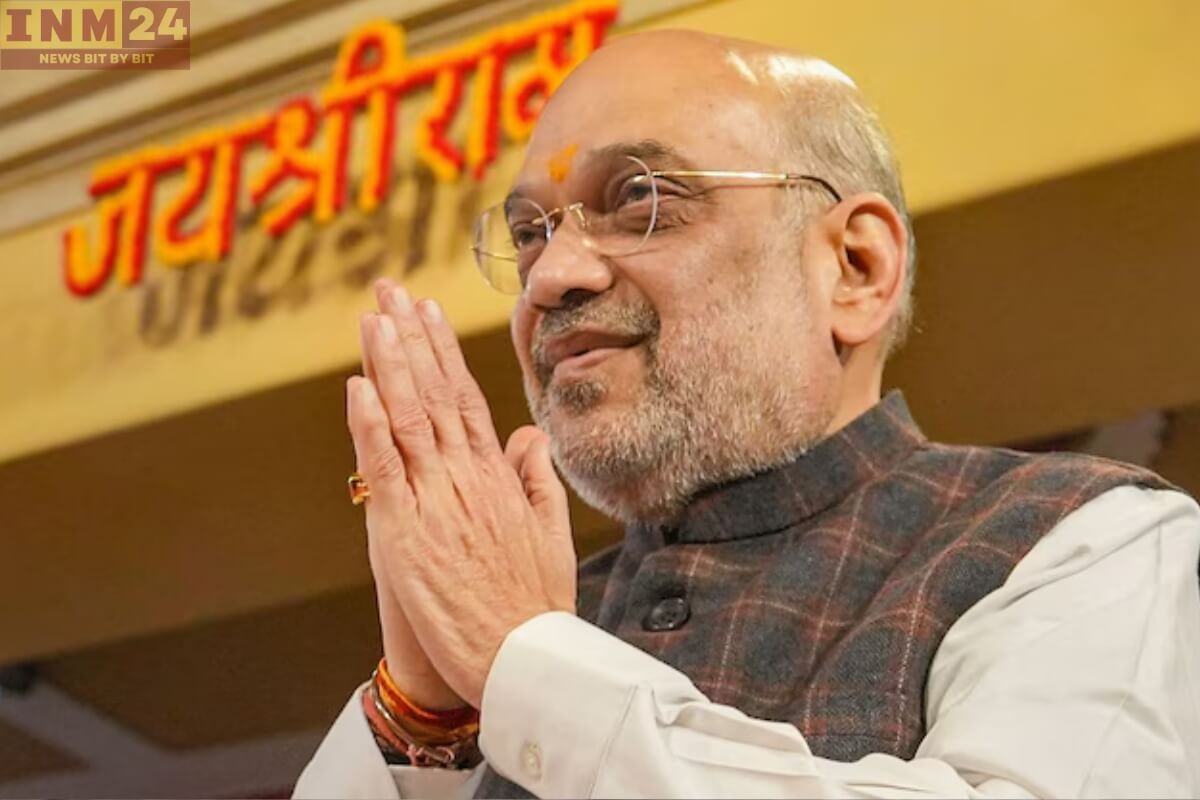As the 2024 Lok Sabha elections draw nearer, political tensions rise, and rhetoric intensifies. In the midst of this charged atmosphere, Union Home Minister Amit Shah has taken a pointed dig at the AAP-Congress alliance in Delhi. Shah’s remark, referring to the alliance as ‘zero plus..’, has sparked a fresh wave of debate and speculation in the political arena.
Analysis of the AAP-Congress Alliance in Delhi
The AAP-Congress alliance in Delhi has been a topic of much discussion and analysis in the run-up to the elections. Both parties have joined forces in an attempt to consolidate their support base and challenge the ruling party in the capital. However, Shah’s remark suggests skepticism or criticism regarding the effectiveness or significance of this alliance.
The term ‘zero plus..’ used by Shah carries implicit connotations, suggesting that the alliance may not pose a significant threat or may lack substantial strength or impact. It implies that despite their collaboration, the combined force of the AAP and Congress may still fall short in comparison to other political entities or factors in the electoral landscape.
Shah’s comment underscores the dynamics of political alliances and the complexities of electoral strategies. In the highly competitive arena of Indian politics, alliances often serve as a strategic maneuver to consolidate votes and maximize electoral gains. However, their success depends on various factors, including the credibility and popularity of the constituent parties, as well as the prevailing political climate.
Challenges Faced by the AAP-Congress Alliance in Delhi
The AAP-Congress alliance, while aimed at challenging the incumbent party in Delhi, faces formidable challenges and uncertainties. Both parties have distinct ideological differences and political agendas, which may pose challenges in presenting a unified front to voters. Additionally, the alliance must navigate through the intricacies of local politics and address the concerns and aspirations of the electorate effectively.
Shah’s remark adds a new dimension to the electoral discourse, prompting speculation and analysis about the potential implications for the AAP-Congress alliance. It highlights the importance of political messaging and rhetoric in shaping public perceptions and influencing voter behavior in the lead-up to elections.
As the political landscape continues to evolve and the electoral campaign gains momentum, Shah’s comment serves as a reminder of the complexities and uncertainties inherent in the democratic process. The outcome of the 2024 Lok Sabha elections in Delhi will ultimately be determined by the collective voice of the electorate, who will weigh the merits and demerits of each political alliance before casting their vote.
